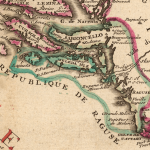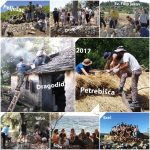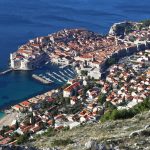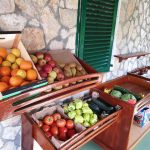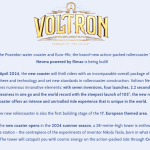December the 1st, 2018 – With two more pieces of Croatia’s rich heritage having been added to the prestigious list, we take a look at one piece of UNESCO intangible heritage of Croatia, a musical tradition originating from Medjimurje – Medjimurska popevka.
On November the 28th, 2018, UNESCO inscribed two more pieces of intangible heritage from Croatia onto its list. The first one was Medjimurska popevka, which is a form of traditional singing from the continental county of Medjimurje. The second was the art of dry stone walling, the knowledge and techniques of which were inscribed together with Cyprus, France, Greece, Italy, Slovenia, Spain, and Switzerland.
This article will look into Medjimurska popevka, traditional folksong, and its heritage. This piece of heritage was arlready on the list of the intangible heritage of the Republic of Croatia, and as of now, it is also part of the UNESCO Representative List of the Intangible Cultural Heritage of Humanity.
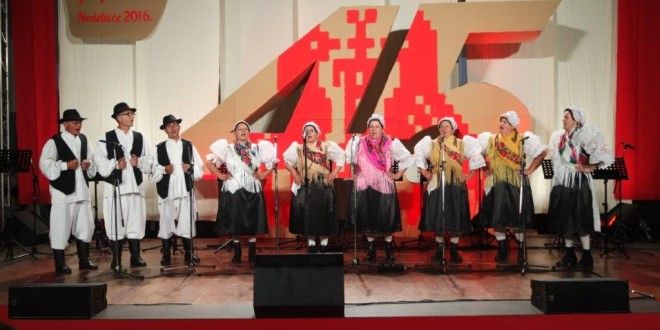
The nomination process started back in 2016 and was prepared with the following experts: dr. sc. Lidija Bajuk, dr. sc. Nail Ceribašić and dr. sc. Tvrtko Zebec, along with the support of the local community and institutions from Medjimurje County.
Medjimurska popevka is an irreplaceable part of the area’s local traditions and is a very popular and recognisable form of singing. This singing originates from the north-western part of Croatia and is historically a soloist vocal genre sung by women. Medjimurska popevka is used in vocal, vocal-instrumental, instrumental, monophonic and multipart renditions as a musical genre or incorporated into the dance.
Popevka has verses which are sung according to melody (viža) and in that way, they form a song (pesem). The songs are divided into the category of newer and older songs and when it comes to lyrics they are usually related to love, sad melancholy, humor and other types of emotion experienced in varying life events.
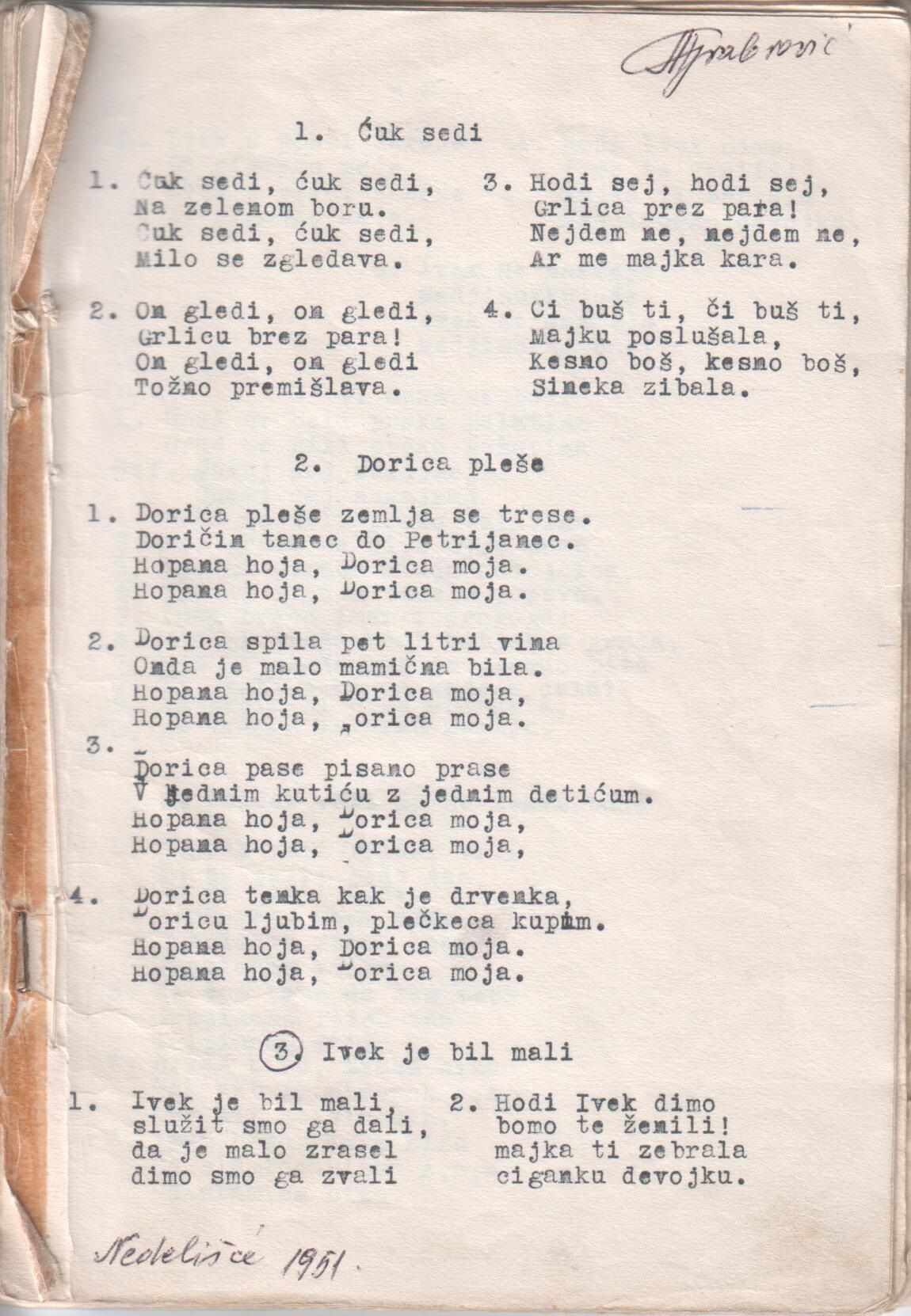
In general, most of the people from Medjimurje have experienced popevkas in numerous life events and were encouraged to join the making of the music in these situations. This makes popevka important an part of family and friends’ gatherings in Medjimurje. When we look into the history of this traditional singing, we can find the oldest textual evidence of popevkas dating back to the 16th century.
The songs were initially sung without any musical instruments until the 19th century, and then from then, it became common to use instruments too. Even though the songs are divided into older and newer categories, they still have the traditional way of singing and similar lyrics and themes.
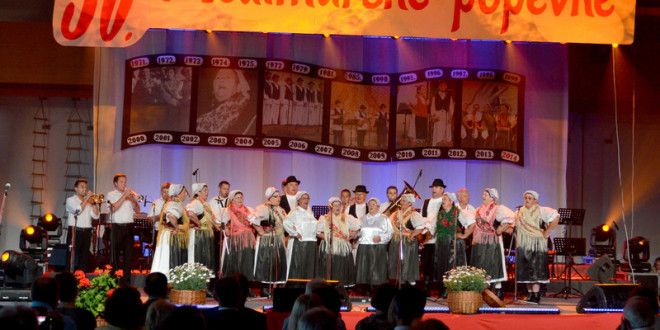
The older songs usually involve mythological themes and are sung in a natural scale, while the newer songs are generally about real events and people, and have balanced metrical structure. The most active representatives who keep this piece of heritage alive and kicking are the cultural artistic societies and associations, as well as individual singers. At the moment, there are fifty singers regarded as masters of the art, and they are considered to be the ones able to teach these singing techniques to younger generations.
There are various cultural associations and folklore groups who use Medjimurska popevka in their performances. One of the events important for keeping this piece of heritage active is Smotra međimurske popevke, which has been happening every year since 1971 in Nedelišće.
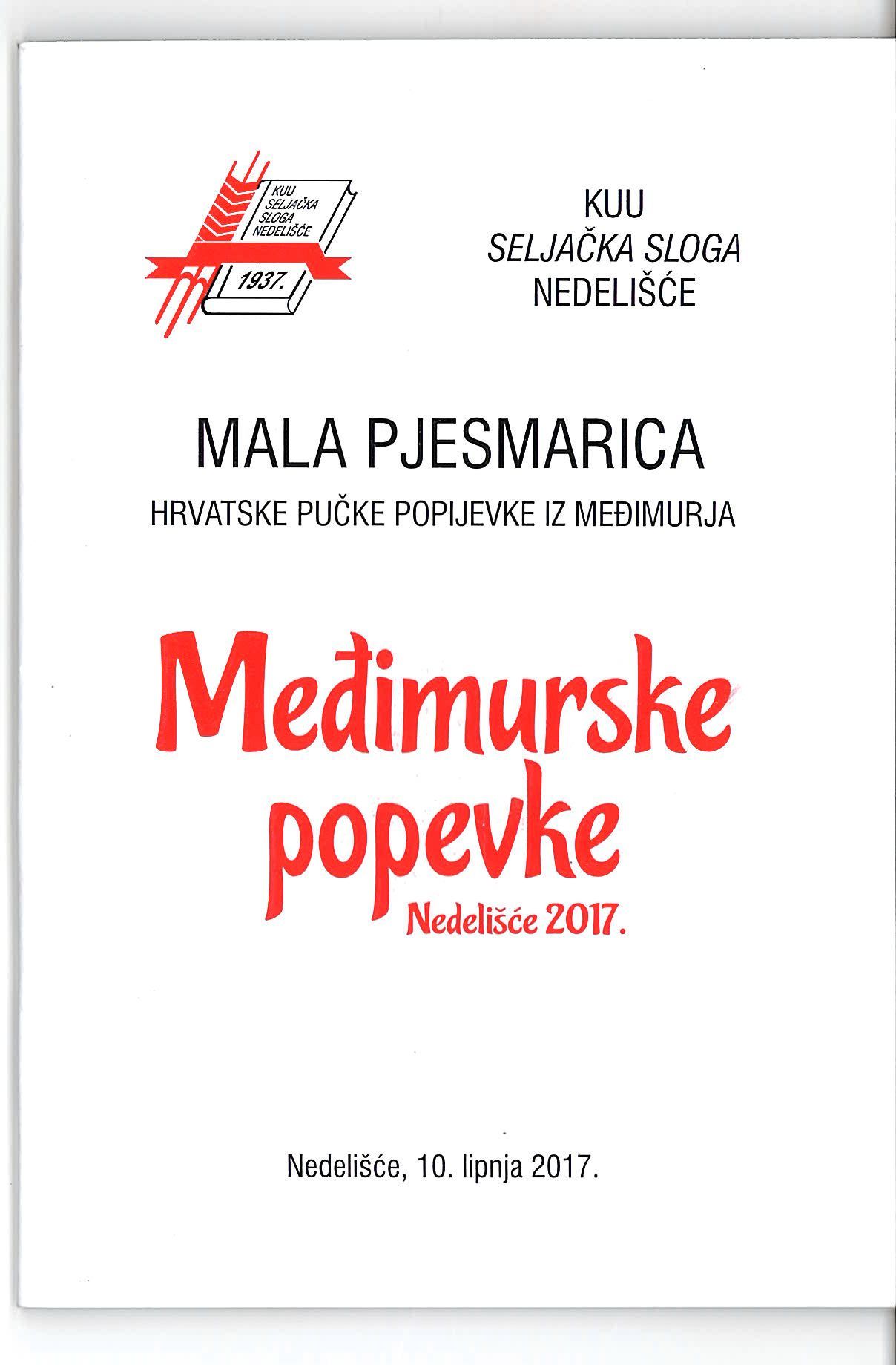
Last year in June, the 38th consecutive festival of Medjimurska popevka with many participating folklore groups took place. In this way, the singing is shared among the wider public and still kept within the local community as an important part of life. Now inscribed on the list of UNESCO’s intangible heritage of Croatia, this cultural gem will continue to have its significance highlighted and protected.
SOURCE(S) (text and photos): UNESCO, Ministry of Culture, Muzej Međimurja Čakovec, Culturenet, HRTurizam, Tourist Board Nedelišće
Make sure to follow our lifestyle page for more information on the UNESCO intangible heritage of Croatia and much more.

